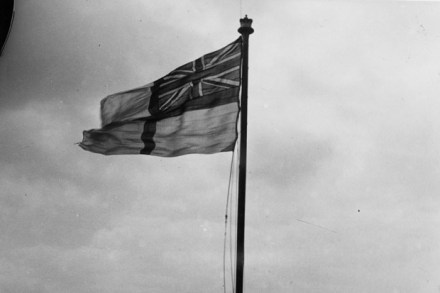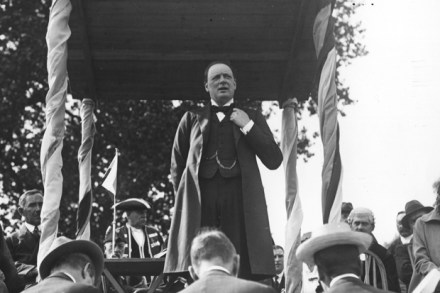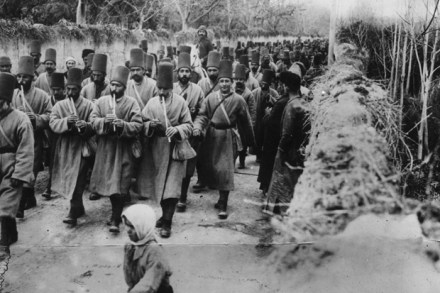Holy visions and dustbins
Woolworth’s spectacles. Pudding-basin haircut, rather sparse. Norfolk jacket. Pyjama cuffs below trouser legs and sleeves. Paints and brushes in an old black perambulator. And a sign propped up on a gravestone: ‘As he is anxious to complete his painting of the churchyard Mr Stanley Spencer would be grateful if visitors would kindly avoid distracting his attention from the work.’ This was Spencer in his Cookham dotage, a picture of wilful eccentricity, painting the church, cottages, meadows and Thames banks he had known since childhood. An odd little fellow, with the emphasis on little. He was 5ft 2in, by his family’s estimation, and better suited to the ambulance service than he



















